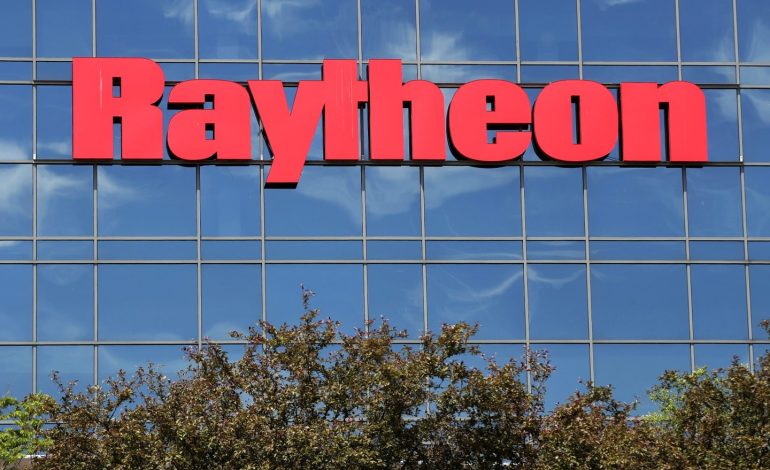Defense contractor RTX, formerly known as Raytheon, has agreed to pay over $950 million to settle allegations of fraud involving inflated federal contracts and foreign bribery.
The US Department of Justice (DOJ) announced the settlement on Wednesday, which also includes three years of independent monitoring of the company’s operations as part of a deferred prosecution agreement.
The DOJ said that Raytheon employees provided false cost information to the US Army, inflating contracts for Patriot missile systems and a radar system by $111 million between 2013 and 2018. In addition, from 2012 to 2016, Raytheon employees were involved in a scheme to bribe a high-ranking Qatari air force official, violating the Foreign Corrupt Practices Act.
“Such corrupt and fraudulent conduct, especially by a publicly traded US defense contractor, erodes public trust,” said Kevin Driscoll, deputy assistant attorney general in the DOJ’s criminal division.
RTX, which was formed in 2020 through the merger of Raytheon and United Technologies, did not contest the charges. The company stated that it is taking responsibility for the misconduct and will continue to work on preventing future violations. As part of the settlement, RTX will operate under the scrutiny of an independent monitor for the next three years.
The fraud case centers on Raytheon’s sale of Patriot missile systems to the Army in 2013. Raytheon, as the sole producer of the complex defense system, inflated its cost declarations, leading the Army to award a $619 million contract, which was overcharged by $100 million. In a similar case in 2017, Raytheon employees inflated salary projections for maintaining a radar system, resulting in an $11 million contract overcharge.
In addition to the domestic fraud allegations, Raytheon employees were found to have bribed a Qatari official with nearly $2 million in sham contracts in an effort to secure defense deals. Prosecutors said the payments were made for three air-defense studies that were never completed.
This settlement follows a separate $200 million deal with the US State Department in August for export control violations. RTX disclosed in July that it had reserved $1.24 billion to address various legal matters, including those resolved in this settlement. Following the announcement, RTX’s stock rose by 1%.
While the settlement resolves the immediate legal challenges, RTX will be required to demonstrate compliance with anti-corruption laws and ethical conduct as it moves forward. The company’s deferred prosecution agreement, which includes federal oversight for 3.5 years, provides a path for the eventual dismissal of the criminal charges if it adheres to the terms.
The Washington Post, the Wall Street Journal, and Fortune contributed to this report.









